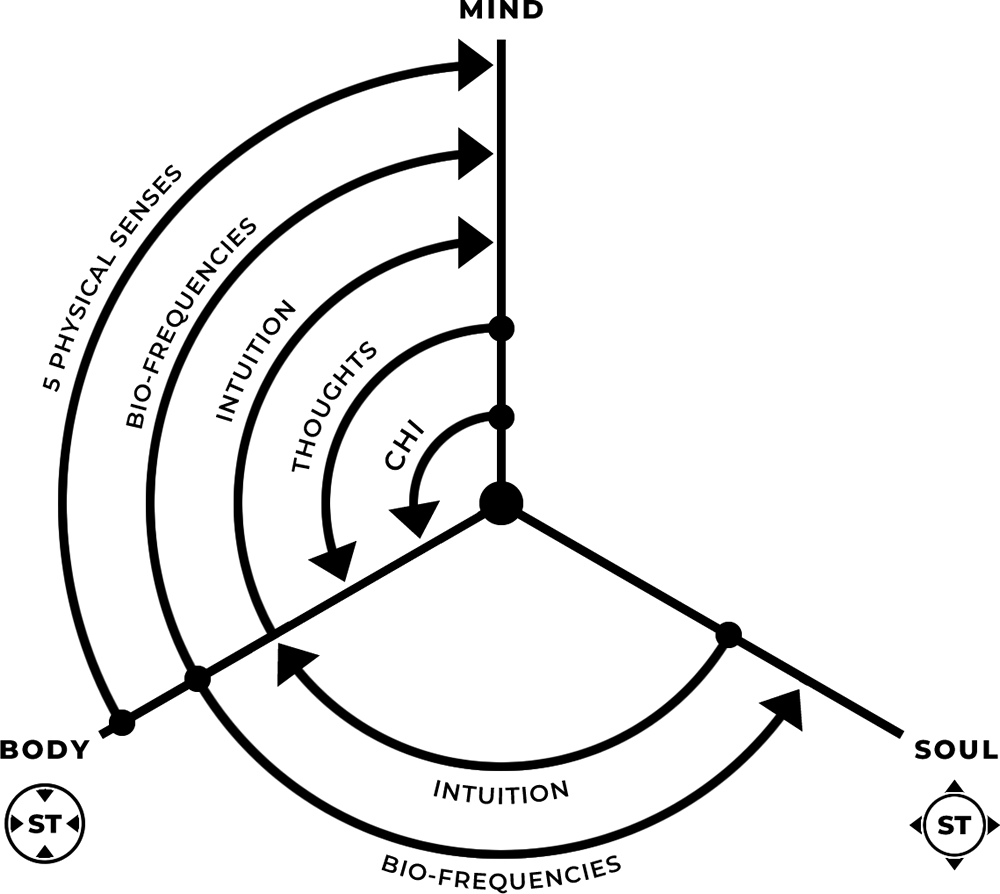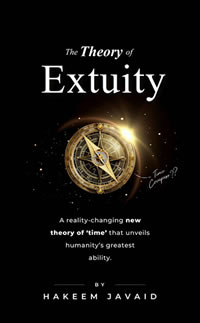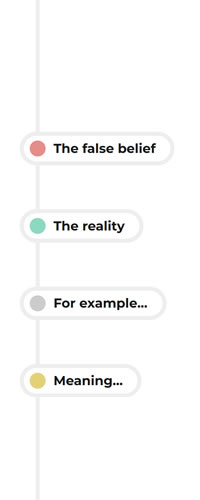Illusion of Age
Illusion of Age Side-Theory
Illusion of Age
Side-Theory
This was shared in Side-Level 1 of the book on Page 41, following the Level 1 discoveries of Extuity.
Read the BookA very interesting question struck me when I was diving into the mystery of Time Dilation.
Let me take you through it…

For the clock on Earth, 'time' ticks at the standard rate. One could say at "Earth Time". For the clock travelling at high speed in the rocket, despite the clock programmed to tick at Earth Time, its flow through time is slowed down due to the speed it is travelling at. Time Dilation. So, in comparison to the clock on Earth, the clock in the rocket ticks slower.
Now, this I understand, but it is based on a very particular object.
It is based on objects with a "constant flow of energy".
So, what would 'time' mean for an object if its flow of energy was not constant? Objects that don't tick at the same rate? By the very definition of time in physics, those objects would have varying rates of time. As their clocks tick faster, their time speeds up. As their clocks tick slower, their time slows down.
Now, this is going to sound ridiculous, but bear with me. It will make sense.
Let's look at the same scenario but with different types of clocks, clocks that are programmed to tick at completely random speeds at completely random times. Now, the clock on Earth would tick at random speeds as randomly programmed, and the clock in the rocket would also tick at random speeds as randomly programmed, but overall slower due to the speed it is travelling at. Time Dilation slows all of its random speeds down.
As you can imagine, because both clocks were ticking at random speeds, we cannot compare the time on each clock. It's likely that the clock in the rocket would still have overall ticked slower, but we cannot know for sure. Both clocks would show completely random times.
Likewise, if these two clocks were on Earth without experiencing any Time Dilation, both clocks might show similar times, but they wouldn't be the same. Furthermore, the time on these clocks would be completely different to all other clocks that tick at normal rates.
But obviously, clocks like that don't exist.
Or do they?
Are there any such objects in the universe like that? Objects that have varying flows of energy?
Yes, definitely.
Every single biological entity on this planet.
Every human, every animal, every plant has varying flows of energy. So, by the very definition of 'time' in physics, every human, every animal, and every plant flows through time at varying rates. We sort of already know this, without knowing it, because we refer to it as our "Biological Clocks", but we haven't realised that it is in reality a different type of 'time'.
We haven't realised that "Human Time" has nothing at all to do with the time on our clocks, "Earth Time".
What's funny is that we have realised that 'time' differs between different animals, hence why we say "Cat Years" or "Dog Years". But again, Human Time and our Biological Clocks have nothing to do with Earth Time, and this points to one very interesting conclusion.
Our ages are a complete illusion.
In terms of understanding how 'old' we are, it's a very rough reference. Two people aged 30 aren't in fact the same 'age' because throughout their lives their energy flows would have been different. Being "30 years old" simply means you've been alive on this planet for 30 full orbits of the Earth around the Sun.
Again, your age in "Earth Time" does not accurately reflect your personal Biological Clock, your "Human Time". This means you are actually older or younger than someone who is the same 'age' as you. It's why two people dying of natural causes never die at the same 'age'.
Numerical ages are illusions.
Your personal energy flow is not constant. It cannot be compared to the energy flow of the Earth.
Your time flow is unique to you.
So feel free to disconnect a little from your numerical age.
It truly means very little.
Original text can be found in the book.
Read the BookHelp!
I've shared this all for free,
but that doesn't mean it'll be seen.
In a world so saturated with content, even 'free' doesn't break through the noise. It won't be seen without your help.
Share
 7 Pages
Side-Theories
7 Pages
Side-Theories

 260 Pages
The Book
260 Pages
The Book
 1 Page
Book Notes
1 Page
Book Notes
